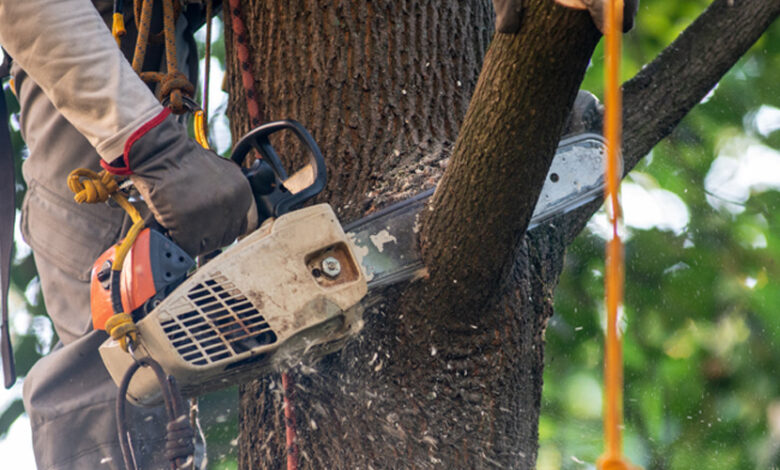What Questions Should I Ask When Hiring a Tree Removal Service?

When it comes to tree removal, choosing the right service provider is essential to ensuring the job is done safely, efficiently, and at a fair price. Whether you need a tree removed due to disease, storm damage, or landscaping needs, hiring a qualified professional can make all the difference. But with so many options available, how do you know which tree removal service to trust? Asking the right questions can help you make an informed decision. Here are the key questions to ask before hiring a tree removal company.
1. Are You Licensed and Insured?
Tree removal is a high-risk job that requires proper credentials. Ensure that the company you hire is licensed to operate in your area and carries both liability insurance and workers’ compensation. Liability insurance protects you in case of property damage, while workers’ compensation ensures that you’re not held responsible if an employee gets injured on your property.
2. What Experience Do You Have?
Tree removal requires skill and experience, especially when dealing with large trees or those close to buildings, power lines, or other structures. Ask how long the company has been in business and what types of tree removal jobs they typically handle. A company with extensive experience is more likely to handle your job safely and efficiently.
3. Can You Provide References or Reviews?
Reputable tree removal services should be able to provide references from satisfied customers. Check online reviews on platforms like Google, Yelp, and the Better Business Bureau to see what past clients have to say about their experiences. Look for patterns in feedback, such as reliability, professionalism, and quality of work.
4. What Equipment Will You Use?
The type of equipment a company uses can indicate their level of professionalism and preparedness. Tree removal often requires specialized tools such as chainsaws, cranes, and wood chippers. Ask about their equipment and whether they have the necessary machinery to complete your job safely and efficiently.
5. How Will You Protect My Property?
Tree removal can be a messy and potentially damaging process. Ask the company how they plan to protect your yard, driveway, and surrounding structures. Do they use plywood or other protective barriers? Will they haul away debris, or will you need to arrange for removal?
6. Do You Provide a Written Estimate?
A reliable tree removal service should offer a detailed, written estimate that includes labor, equipment, debris removal, and any additional costs. Beware of companies that provide vague quotes or insist on verbal agreements. A written estimate ensures transparency and protects you from unexpected charges.
7. What Is Your Cleanup Process?
Tree removal can leave behind a significant amount of debris, including branches, wood chips, and sawdust. Ask whether the company includes cleanup in their services and if there are any additional charges for stump grinding or complete site restoration.
8. Will You Obtain the Necessary Permits?
Depending on where you live, you may need a permit for tree removal, especially for large or protected species. A professional tree removal service should be familiar with local regulations and help obtain the necessary permits before starting work.
9. How Do You Handle Unexpected Issues?
Tree removal projects can sometimes uncover hidden problems, such as internal tree decay or damage to underground utilities. Ask how the company handles unexpected issues and whether they have contingency plans in place.
10. Do You Offer Other Services?
Many tree removal companies also provide additional services such as stump grinding, tree trimming, emergency storm cleanup, and tree health assessments. If you need ongoing tree care, it may be beneficial to hire a company that offers a full range of services.
Conclusion
Hiring a tree removal service is a significant decision that requires careful consideration. By asking these essential questions, you can ensure that you’re working with a reputable, experienced, and professional company that will complete the job safely and efficiently. Remember, the cheapest option is not always the best—prioritize quality, safety, and reliability when making your choice.




